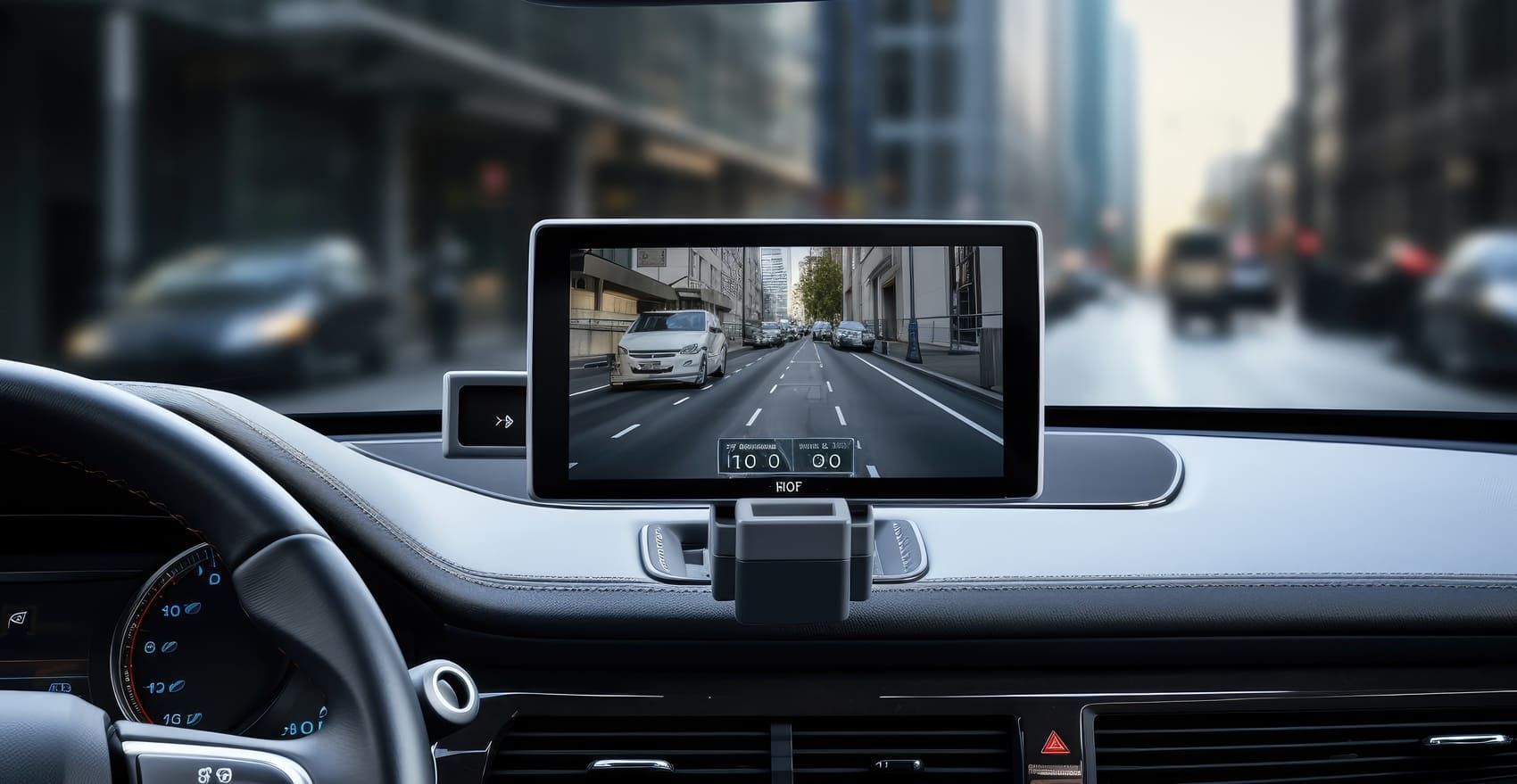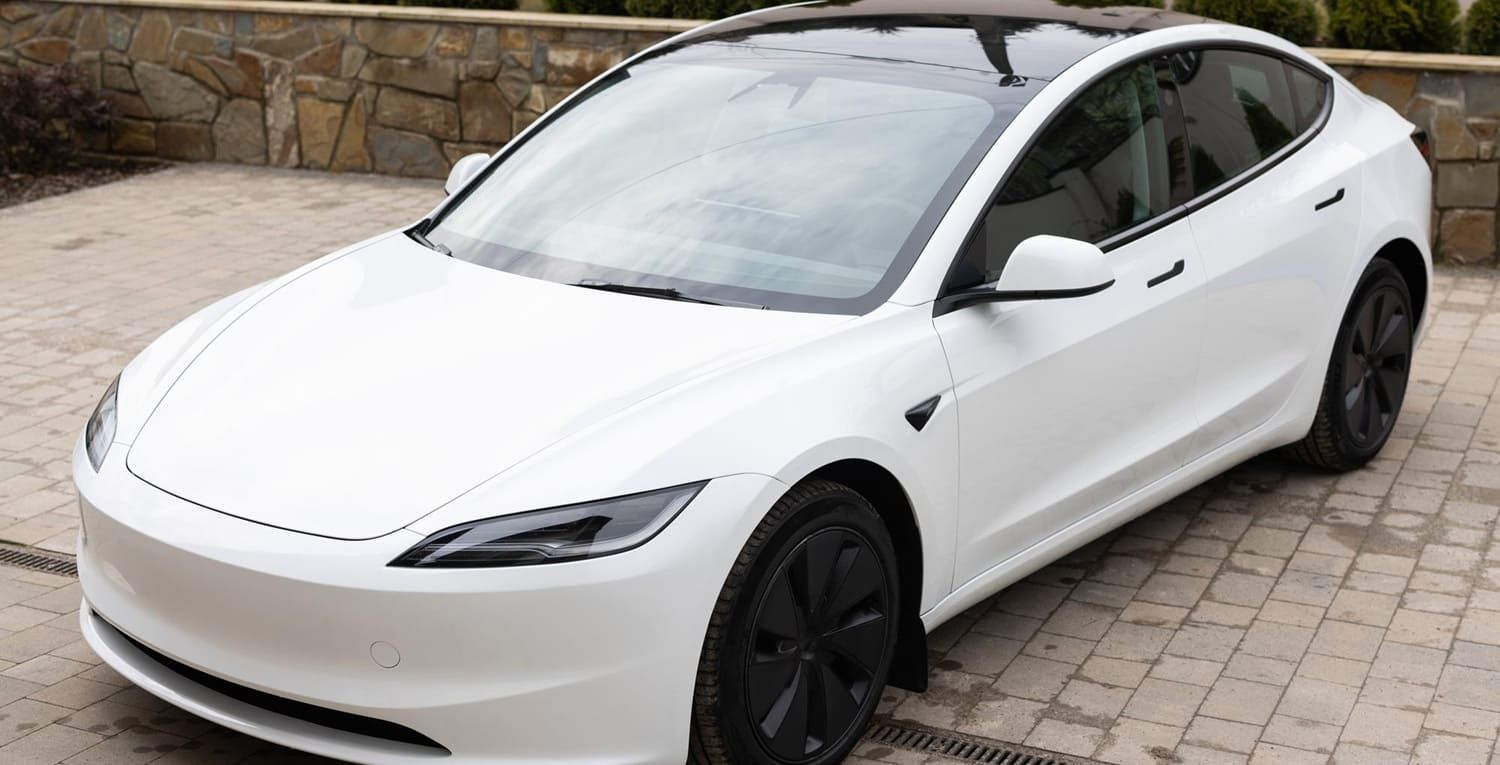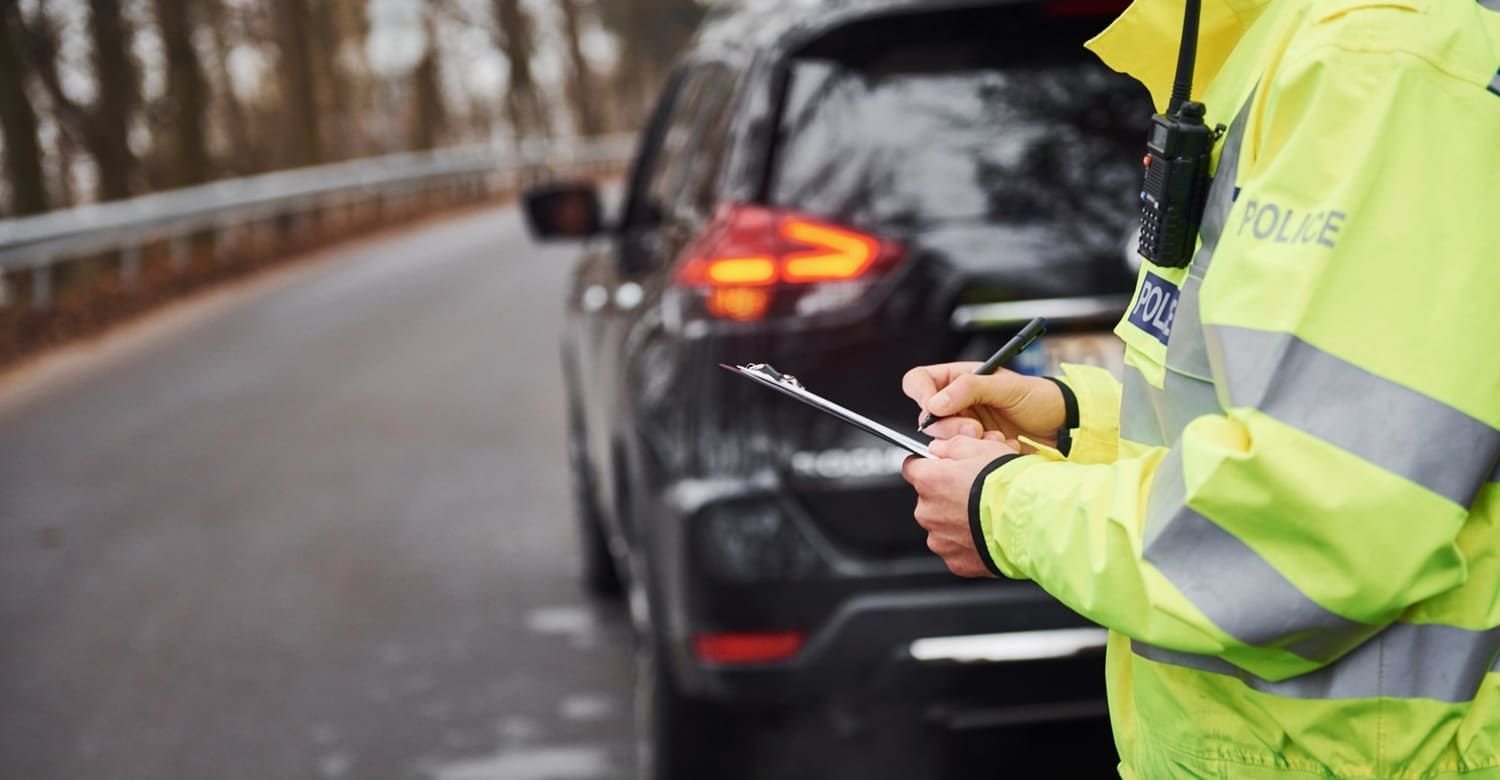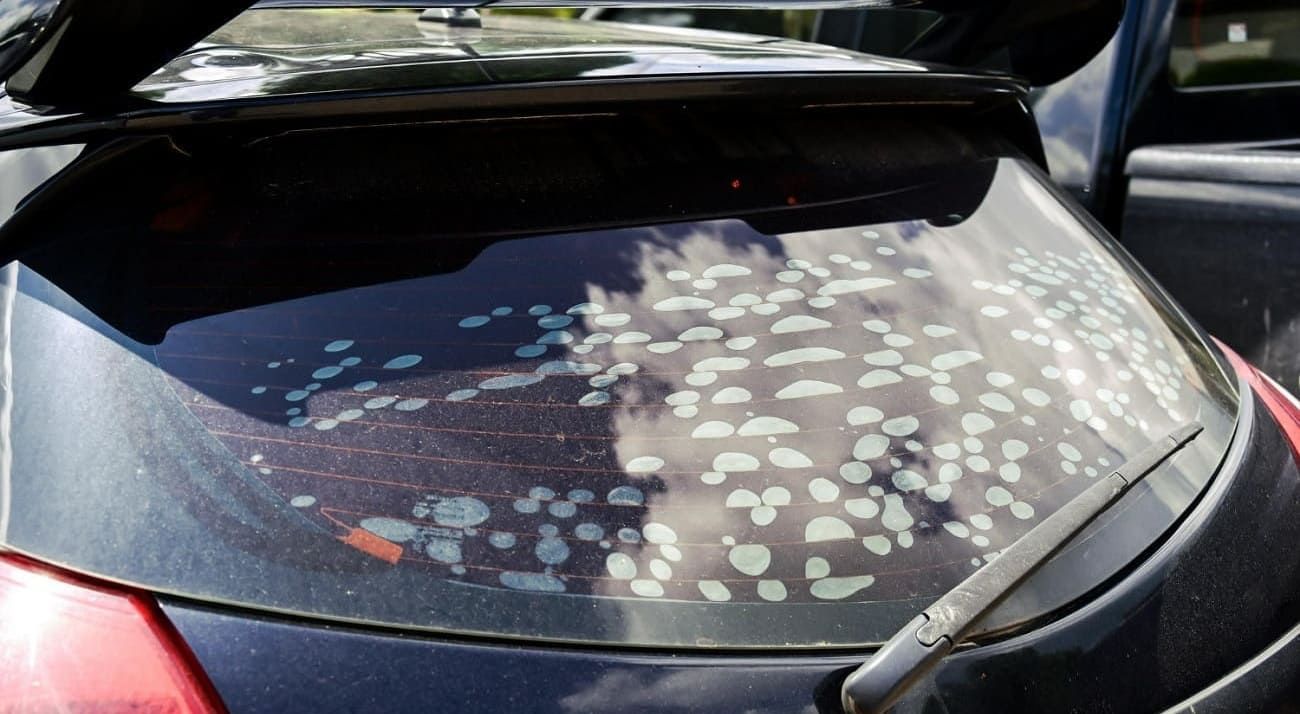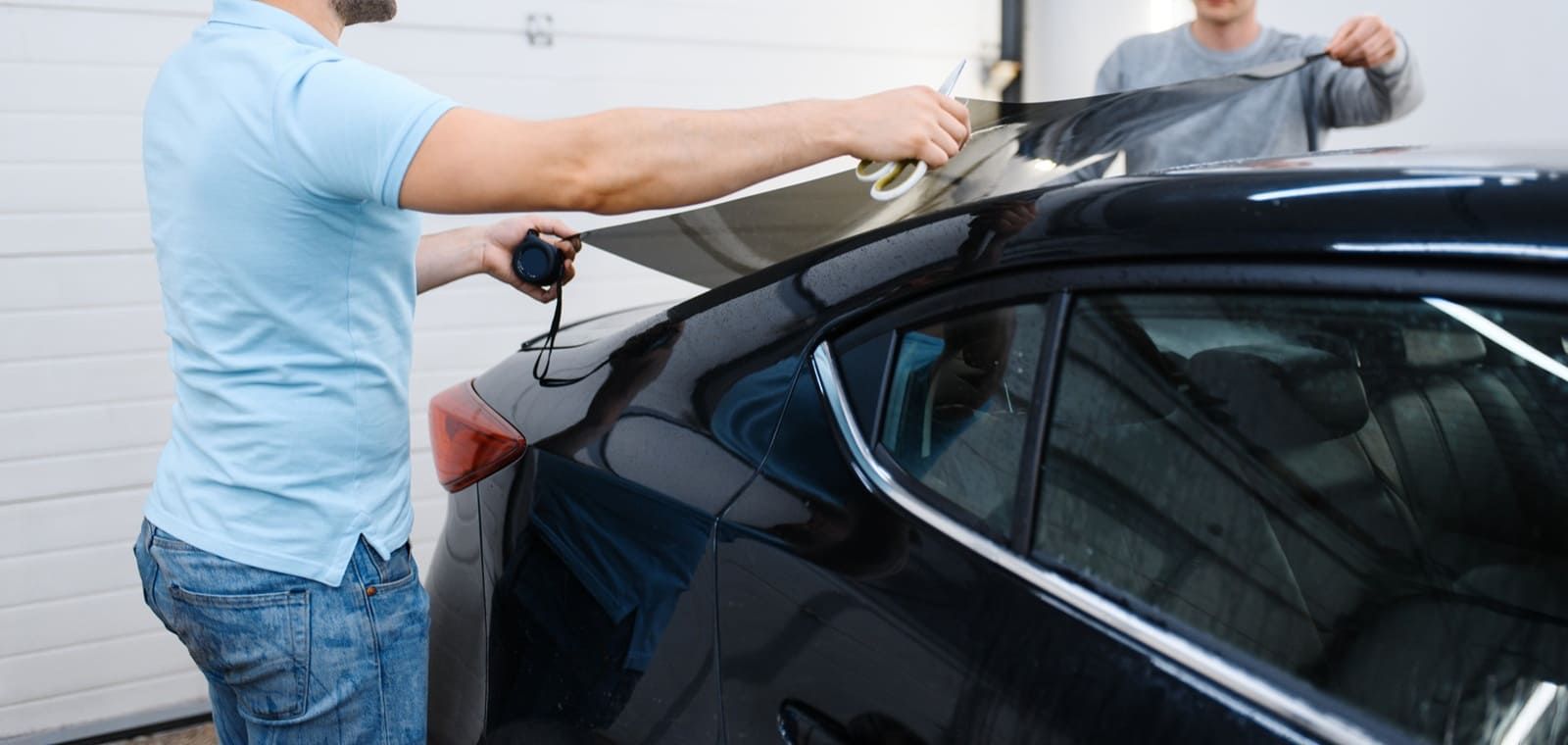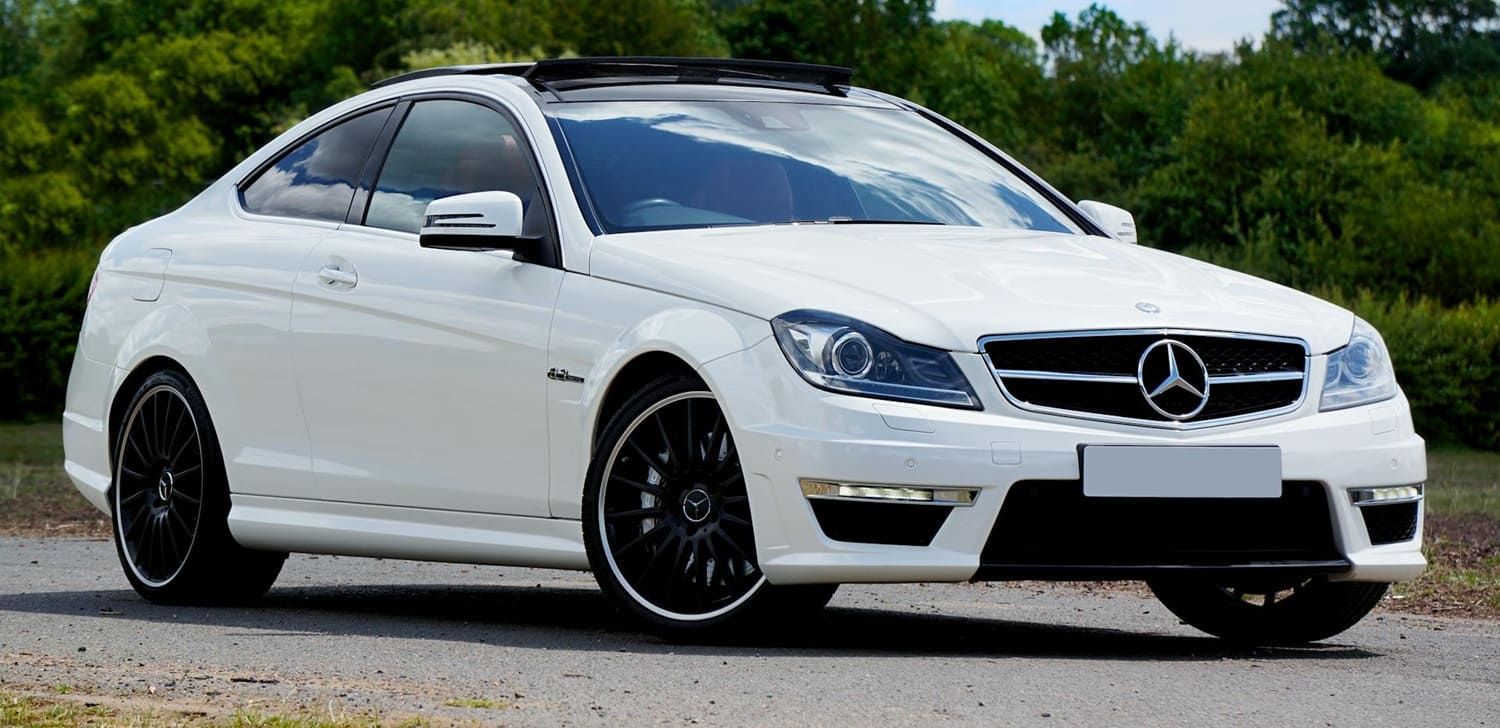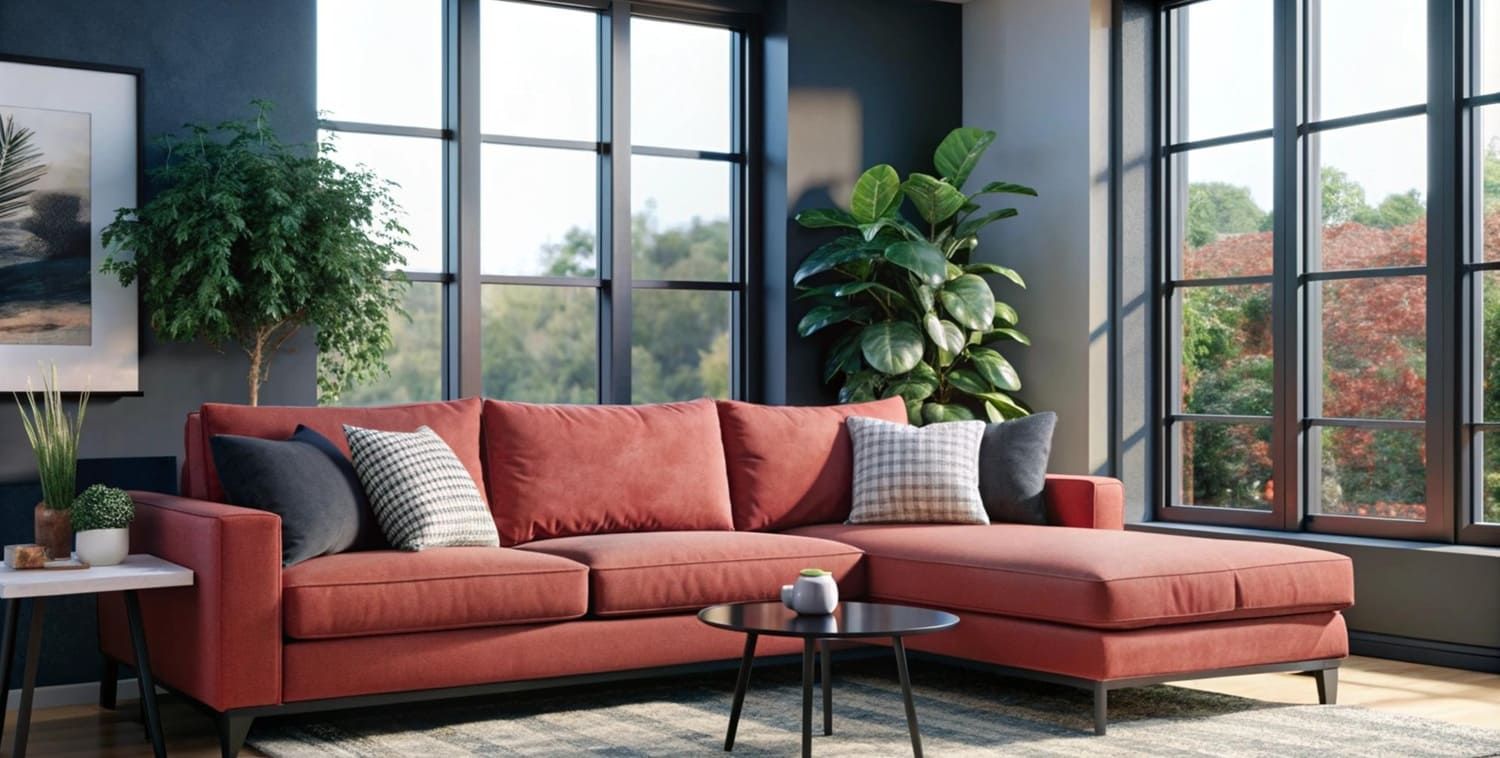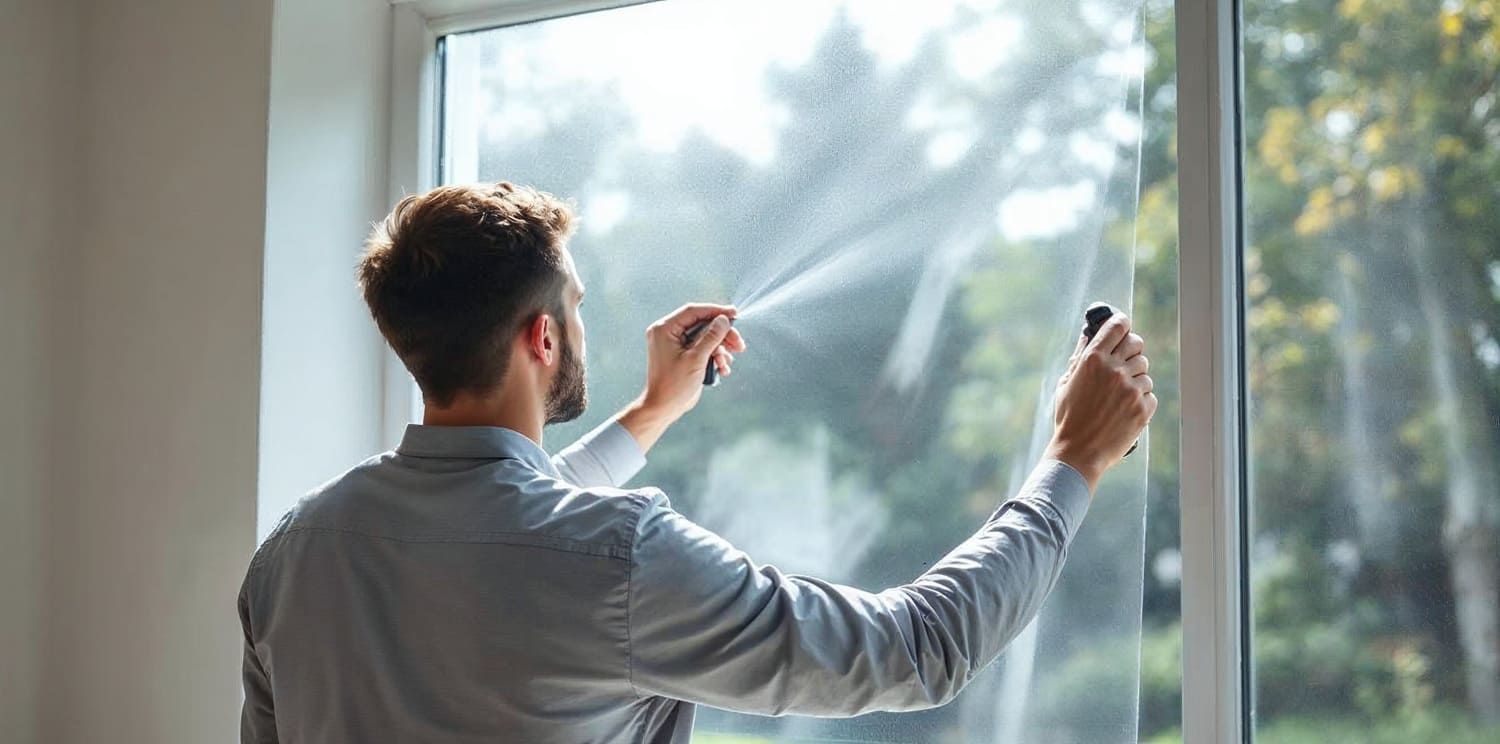How Dark Should You Tint Your Car Windows A Comprehensive Guide
Discover the ultimate guide to car window tinting, covering materials, legal limits, and the benefits of UV protection and privacy. Learn how to choose the right tint darkness for safety and style, whether opting for professional installation or DIY. Enhance your vehicle’s comfort and appearance while ensuring compliance with expert tips and insights.
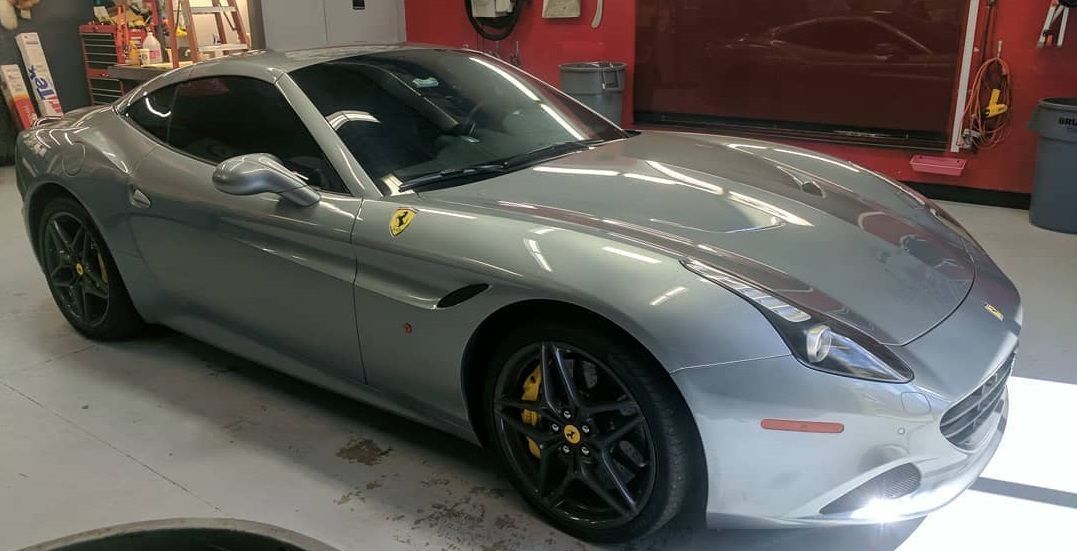
Understanding Car Window Tinting
What is Car Window Tinting?
Car window tinting is the process of applying a thin film to your car's windows. This film helps to block out some of the sunlight and harmful UV rays. It not only makes your car look stylish but also serves practical purposes.
Benefits of Car Window Tinting
Tinting your car windows has many advantages. It can keep the inside of your car cooler on hot days and protect your skin from UV rays. Additionally, it offers more privacy by making it harder for people to see inside your vehicle.
Tinting your car windows is not just about looks; it’s about comfort and safety too.
Common Materials Used in Car Window Tinting
There are different materials used for window tinting, each with its own benefits. Some are made from dyed film, while others use metalized or ceramic materials. Understanding these options can help you choose the best one for your needs.
Legal Limits for Car Window Tinting
State-Specific Tinting Laws
Car window tinting laws vary from state to state. Each state has its own rules about how dark your window tint can be, based on something called Visible Light Transmission (VLT). For example, some states require that at least 70% of light must pass through the front side windows. This means that if your tint blocks more than 30% of light, it might not be legal. In places with lots of sunshine, like Florida, the rules might be more relaxed compared to states with less sunlight, like Alaska.
Consequences of Non-Compliance
If you don’t follow the tinting laws, you could face fines or even be told to remove the tint. This can be a hassle and cost you money. It’s important to know your state’s rules to avoid these problems. Not only does following the law keep you safe, but it also helps you avoid unnecessary trouble.
How to Check Your Tint's Legality
To make sure your window tint is legal, you can check with your local Department of Motor Vehicles (DMV) or look up your state’s laws online. It’s a good idea to measure the VLT of your tint to see if it meets the legal requirements. Keeping your tint within the legal limits ensures that you can enjoy the benefits of tinting without any worries.
Choosing the Right Tint Darkness
Factors to Consider When Choosing Tint Darkness
When deciding how dark to tint your car windows, think about what you need. Darker tints can provide more privacy and block out more heat, but they can also make it harder to see at night. If you drive a lot after dark, you might want to choose a lighter tint to keep your visibility clear.
It's important to find a balance between privacy and safety. Too dark of a tint can create blind spots, making it difficult to see other cars or pedestrians.
Impact of Tint Darkness on Visibility
The darkness of your window tint can greatly affect
how well you can see while driving. A very dark tint might look cool, but it can also limit your view, especially at night. If you often drive in low-light conditions, consider a tint that allows more light in to keep your vision clear.
Balancing Privacy and Safety
While having tinted windows can keep your belongings safe from prying eyes, it’s crucial to remember that safety comes first. If your windows are too dark, it might be hard for others, like police officers, to see inside your car during a traffic stop. Always think about how your tint choice affects both your privacy and your safety.
Benefits of Car Window Tinting
UV Protection and Skin Safety
One of the most important advantages of car window tinting is its ability to block harmful ultraviolet (UV) rays. These rays can cause skin damage and even lead to serious health issues over time. By using quality window tint, you can protect both yourself and your passengers from these dangers. Additionally, it helps to keep your car's interior safe from fading and cracking due to sun exposure.
Enhancing Privacy and Security
Tinted windows provide a significant boost in privacy. When you drive around, it can be uncomfortable knowing that others can easily see inside your car. Tints make it harder for people to peek in, giving you a sense of security. This is especially useful if you carry valuable items in your vehicle. Tinted windows can turn your car into a private space, allowing you to go about your day without feeling exposed.
Reducing Heat and Glare
Another great benefit of window tinting is its ability to reduce heat inside your car. On hot days, tinted windows can keep the temperature down, making your ride much more comfortable. Moreover, they help to cut down on glare from the sun, which can make driving safer. Less glare means less eye strain, allowing you to focus better on the road ahead.
Overall, car window tinting is not just about looks; it offers practical benefits that enhance comfort, safety, and privacy.
Types of Window Tint Materials
Dyed vs. Metalized Tints
When it comes to window tinting, there are various materials to choose from, each with its own advantages. Dyed tints are a popular choice because they are affordable and provide basic privacy. They work by absorbing sunlight, which helps to reduce glare and heat inside the car. However, they may not be as durable as other options. On the other hand, metalized tints contain tiny metal particles that enhance strength and reduce glare. While they are more durable, they can sometimes interfere with electronic signals in your car, like GPS.
Carbon and Ceramic Tints
Carbon tints are known for their matte finish and excellent UV protection. They are highly durable and do not fade easily, making them a great long-term investment. Ceramic tints are considered the best option available. They offer outstanding UV protection and clarity without blocking electronic signals. This means you can enjoy the benefits of tinting without worrying about your car's technology.
Choosing the right tint material is essential for balancing aesthetics, privacy, and functionality. Each type has its unique features, so it's important to consider what matters most to you.
Understanding Visible Light Transmission (VLT%)
What is VLT%?
Visible Light Transmission, or VLT%, is a way to measure how much light can pass through your car windows. A higher VLT% means more light gets in, making the windows look lighter, while a lower VLT% means less light comes through, making them darker.
How VLT% Affects Tint Darkness
The VLT% directly affects how dark your window tint appears. For example, if a window has a VLT of 20%, only 20% of the light can enter, which makes it quite dark. This is important to consider when choosing the right tint for your vehicle, as it can impact both your comfort and safety.
Understanding VLT% is key to finding the right balance between privacy and visibility. You want to enjoy the benefits of tinting without compromising your ability to see clearly, especially at night.
Choosing the Right VLT% for Your Needs
When selecting a VLT%, think about your personal needs and local laws. Some people prefer darker tints for privacy, while others might want lighter tints to ensure better visibility. It's essential to find a tint that meets your preferences while also following the regulations in your area.
Professional Installation vs. DIY Tinting
Advantages of Professional Installation
When it comes to tinting your car windows, professional installation often leads to better results. Experts have the skills and tools to apply the tint smoothly, avoiding bubbles and imperfections. They also usually provide warranties, giving you peace of mind about the quality of their work.
Risks of DIY Tinting Kits
On the flip side, DIY tinting kits can be tempting for those wanting to save money. However, the outcome can be unpredictable. If you don’t have experience, you might end up with a messy job that doesn’t look good. It’s important to think about your own skills before choosing this route.
In the end, whether you go for professional help or try it yourself, consider what matters most to you: quality,
cost, or the experience of doing it yourself. Making the right choice can save you time and frustration.
Practical Considerations for Tinting
Heat Rejection and Climate Considerations
When thinking about window tinting, the temperature inside your car can be greatly affected by the tint you choose. Darker tints usually block more heat, which is especially helpful if you live in a hot area. This means your car will stay cooler, making it more comfortable to get in after it’s been parked in the sun.
Nighttime Visibility Concerns
It’s also important to think about how the tint will change what you can see, especially at night. Darker tints can make it harder to see when driving after dark, so you need to find a balance that works for you. You want to feel safe and be able to see clearly while driving.
Choosing the right tint isn’t just about looks; it’s about making sure you can drive safely and comfortably in all conditions.
Impact on Vehicle Resale Value
Lastly, consider how tinting might affect the value of your car if you decide to sell it later. Some buyers might not like very dark tints, so it’s smart to think about how your choice could impact your car’s appeal in the future.
Finding Reputable Tinting Services
What to Look for in a Tinting Service
Finding a trustworthy tinting service is very important. Start by asking your friends or family for suggestions. Their experiences can help you find good options. Online reviews and ratings are also helpful. Positive comments usually mean the service is reliable and does quality work.
Questions to Ask Before Hiring
When you talk to a tinting service, ask about their experience and the types of materials they use. It’s also smart to check if they offer a warranty. A good warranty shows that they stand behind their work and care about customer satisfaction.
Checking Reviews and Testimonials
Look for reviews from other customers. These can give you a clear idea of what to expect. A service with many happy customers is likely to do a great job.
Choosing the right tinting service can make a big difference in how your car looks and performs. Take your time to research and find a service that meets your needs.
Exploring Different Tint Shades
Popular Tint Shades and Their Benefits
When it comes to window tinting, there are various shades to choose from, each offering unique benefits. Darker tints provide more privacy and can help keep your car cooler by blocking out more sunlight. However, the choice of tint shade should also reflect your personal style and needs.
How Tint Shades Affect Aesthetics
The shade of your window tint can significantly change the look of your vehicle. A darker tint can give your car a sleek and modern appearance, while lighter tints can create a more open and airy feel. It's essential to think about how you want your car to look when selecting a tint shade.
Choosing the right tint shade is not just about style; it also involves considering how it will affect your driving experience. Darker tints can reduce glare but may limit visibility at night, so finding a balance is key.
Legal Considerations for Tint Shades
Before deciding on a tint shade, it's crucial to check your local laws. Different states have specific regulations regarding how dark your window tint can be. Ensuring that your chosen shade complies with these laws will help you avoid fines and other legal issues.
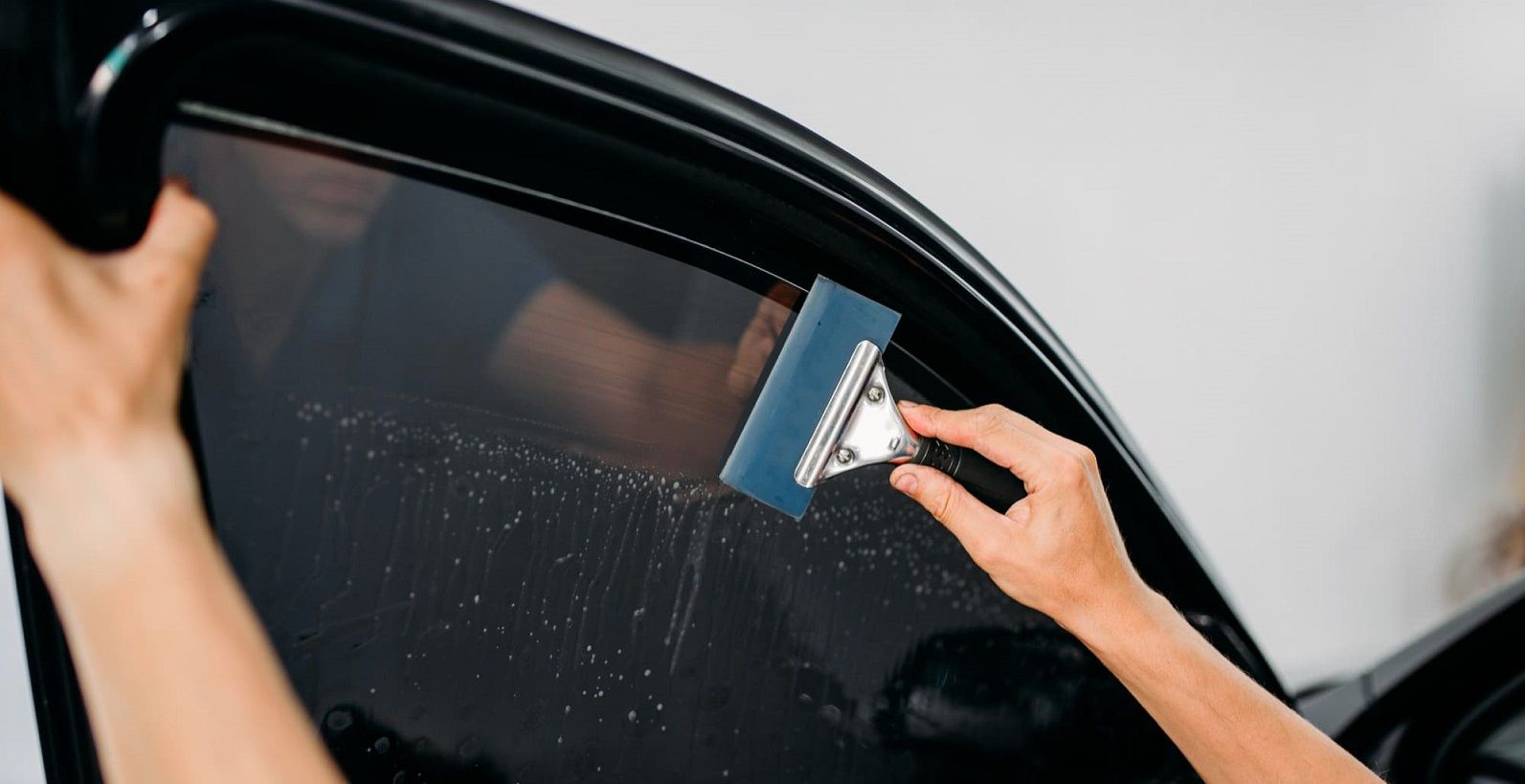
Maintaining Your Car Window Tint
Cleaning and Care Tips
To keep your tinted windows looking great, it's important to clean them properly. Use a soft cloth and a non-abrasive cleaner to avoid scratching the film. Avoid using ammonia-based products, as they can harm the tint over time. Regular cleaning helps maintain clarity and appearance, ensuring your windows stay in top shape.
Legal Considerations for Tint Shades
Before deciding on a tint shade, it's crucial to check your local laws. Different states have specific regulations regarding how dark your window tint can be. Ensuring that your chosen shade complies with these laws will help you avoid fines and other legal issues.
Avoiding Damage to Tint Film
Be gentle when cleaning your tinted windows. Rubbing too hard can cause the film to peel or scratch. It's best to use light pressure and a soft touch. Keeping your windows clean not only looks good but also helps the tint last longer.
When to Consider Re-Tinting
If you notice that your tint is fading, bubbling, or peeling, it might be time to consider re-tinting. Proper maintenance can extend the life of your tint, but eventually, all tints may need replacement. If your tint no longer provides the benefits you want, re-tinting can restore both appearance and functionality.
Final Thoughts on Car Window Tinting
Choosing the right darkness for your car window tint is important. It’s not just about how it looks; it also affects your safety and comfort. While darker tints can give you more privacy and keep your car cooler, they can also make it harder to see, especially at night. Plus, you need to follow the laws in your state about how dark your tint can be. Always think about your needs and the rules before making a choice. If you’re unsure, talking to a professional can help you find the best option for your car.
At David Wood Window Tinting in Jupiter, Palm Beach Gardens, Stuart, West Palm Beach, & Palm Beach County Areas, we offer expert window tinting services tailored to your specific needs. Our team ensures that your tint is applied correctly, enhancing both your vehicle's appearance and functionality while complying with local regulations. Contact us today for a free estimate and let our professionals help you choose the perfect tint darkness for your vehicle, ensuring safety, comfort, and style.
Frequently Asked Questions
What is car window tinting?
Car window tinting is when a thin film is applied to the windows of a car to make them darker. This helps block sunlight and gives more privacy.
What are the benefits of tinting my car windows?
Tinting your car windows can protect you from harmful UV rays, keep your car cooler, and provide privacy while driving.
Are there laws about how dark I can tint my windows?
Yes, each state has its own laws about window tint darkness. It's important to check these laws to avoid fines.
How can I find out if my window tint is legal?
You can check your state’s regulations online or ask a professional tinting service to help you understand the laws.
What factors should I consider when choosing tint darkness?
Think about how much privacy you want, how it affects visibility at night, and the climate you live in.
Can I install window tint myself?
Yes, but professional installation is recommended for the best results. DIY kits can sometimes lead to bubbles or mistakes.
How do I maintain my tinted windows?
To keep your tinted windows looking good, clean them gently with a soft cloth and avoid harsh chemicals.
When should I consider re-tinting my windows?
If your tint is fading, bubbling, or peeling, it may be time to re-tint. Also, if you move to a different state with different laws, you might need to change it.


